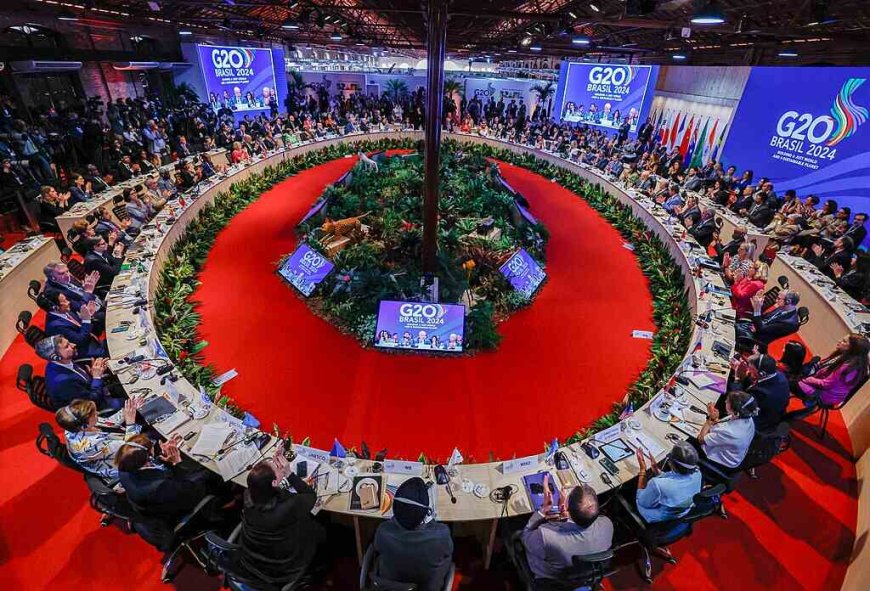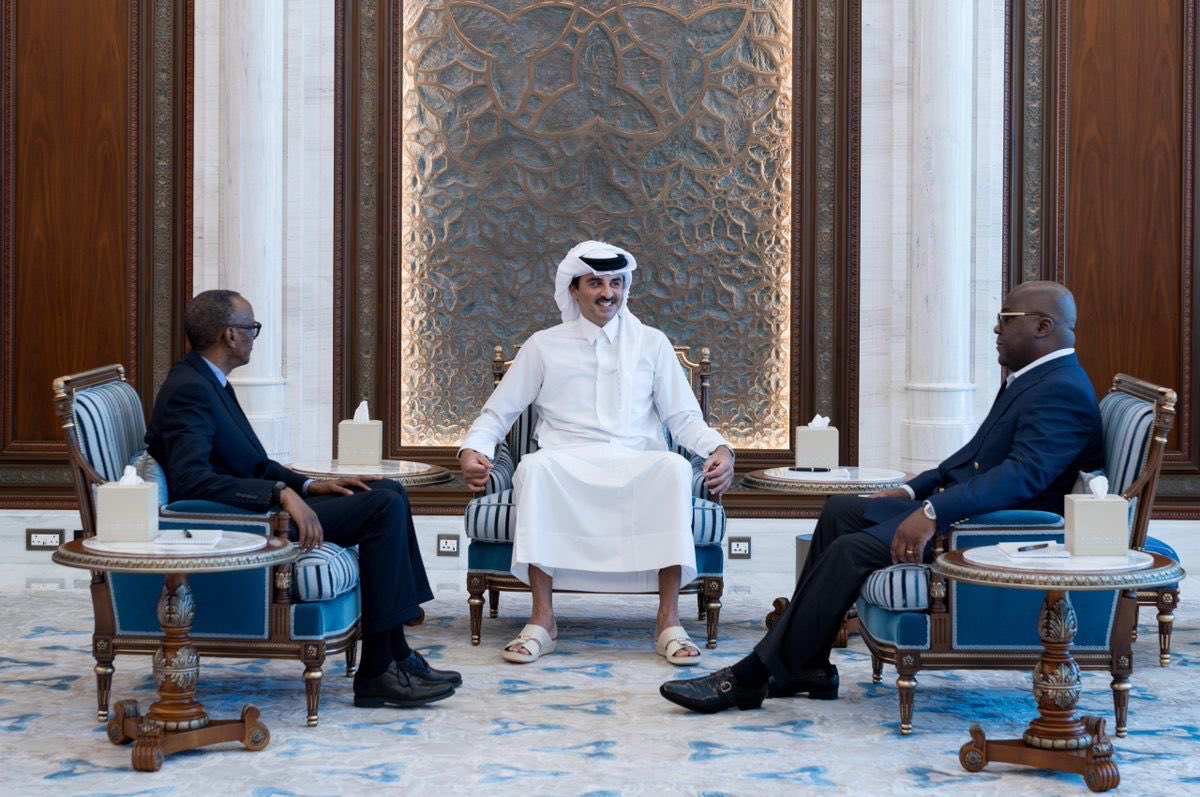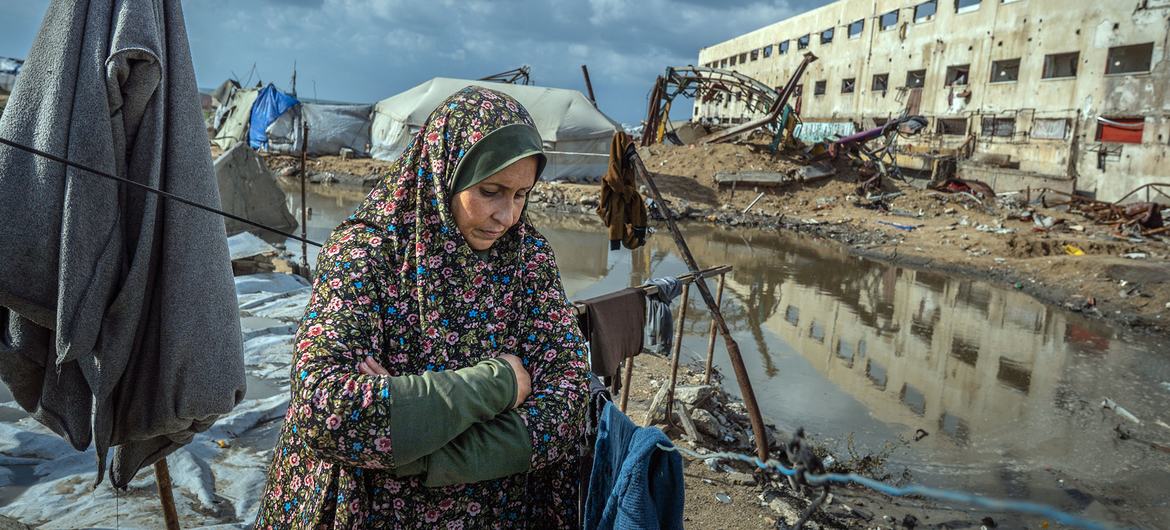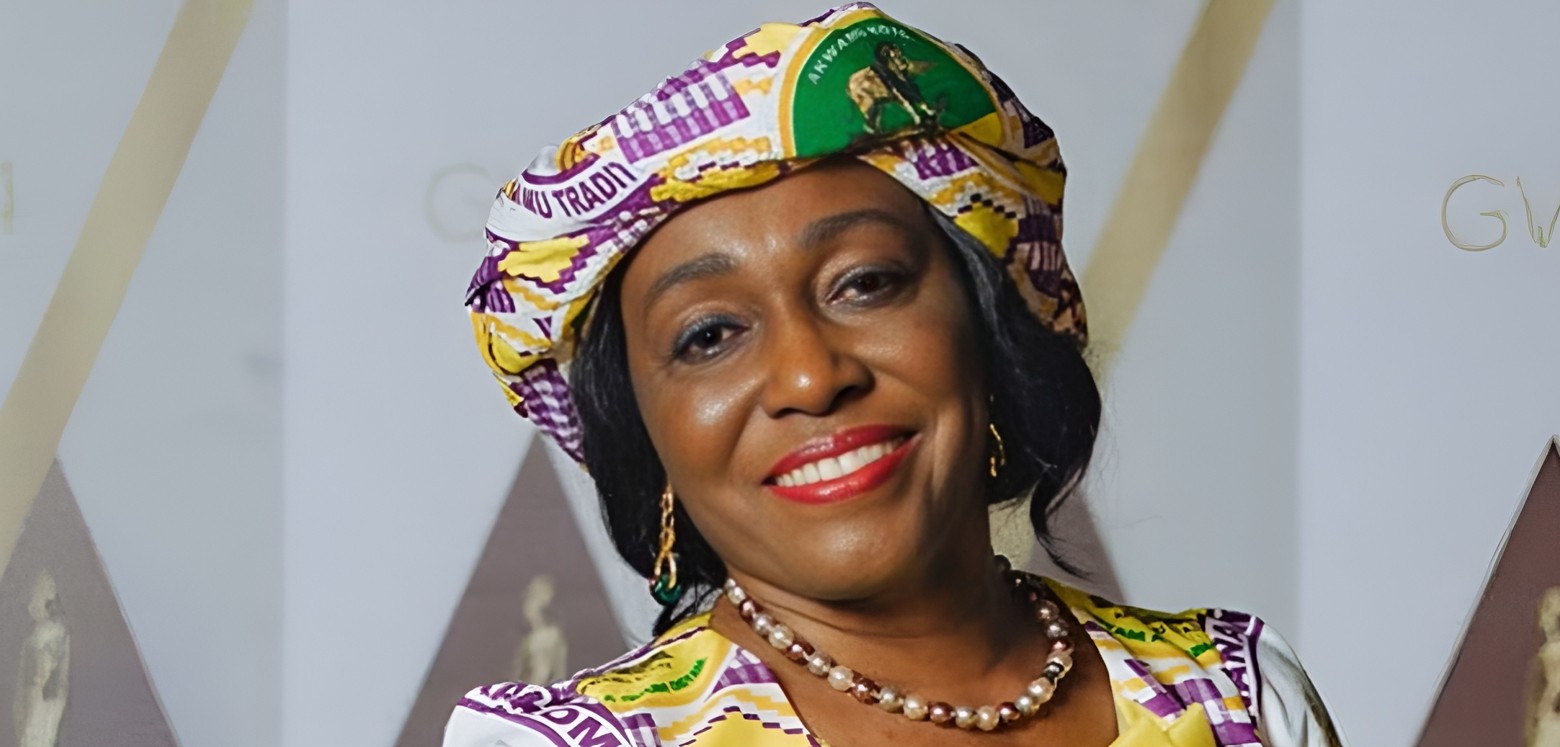G20 in a changing world: Is it still useful? Four scholars weigh in

Trump delivered a broadside attack on multilateralism as well as issues that have found common cause among rich and poor countries alike, such as climate change.
Caroline Southey, The Conversation
More To Read
- Ramaphosa hits back after Trump says South Africa won’t be invited to 2026 G20 summit
- Africa’s first G20 Summit closes in South Africa amid US boycott
- G20 summit in South Africa adopts declaration despite US boycott
- G20: South Africa hosts summit in shadow of US boycott
- US bars Mandela Foundation Chair in latest diplomatic flashpoint with South Africa
- South Africa rejects US plan to send Chargé d’Affaires for G20 handover
US President Donald Trump’s address to the annual gathering of the United Nations General Assembly in late September 2025 set a new low in international relations. Trump delivered a broadside attack on multilateralism – the effort to solve the world’s problems through collective endeavour – as well as issues that have found common cause among rich and poor countries alike, such as climate change.
So, where does this leave the work of organisations such as the G20? The body was set up by the G7 in 1999 in the wake of the Asian financial crisis. The purpose was to create a bigger grouping of countries to help manage the governance of the global economy.
The group now represents about 67 per cent of the global population and about 85 per cent of the global economy. But it’s a strange beast: it is a self-selected group, which raises questions about its legitimacy. And it doesn’t have a permanent secretariat, which makes its work cumbersome.
We asked four leading scholars for their answers. Given the changing global context, is the G20 still useful?
Caroline Southey, Founding Editor, Africa, The Conversation
This article is republished from The Conversation under a Creative Commons license. Read the original article.
Top Stories Today











































